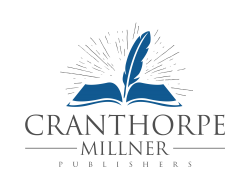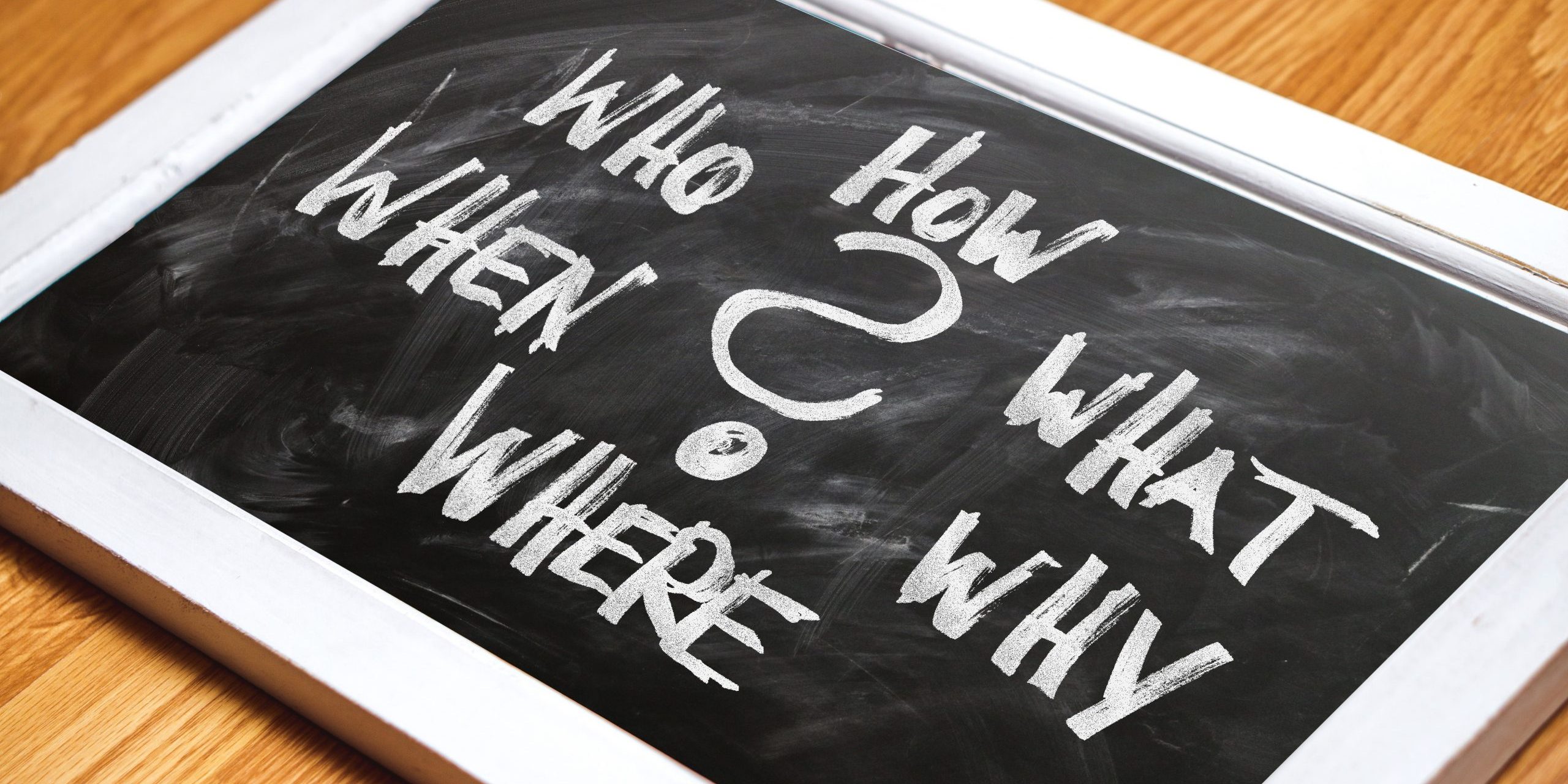How to Write a Good Blurb
When writing a novel, there are few selling tools as important as a solidly written blurb. Here are some tips from us to you on how to get that right!
- Check out blurb examples. A good writer is a good reader, and that’s true of the blurb too! Go onto Amazon and search books similar to yours. See what other authors do and don’t do, see what works and doesn’t work. What kinds of blurbs make you want to buy and read the book? Which ones had you giving up half way through and moving onto the next?
- Use a formula. We touched on this in our previous blog: “Most (fiction) book blurbs start with a situation, introduce a problem and promise a twist.” Take the blurb for Gillian Flynn’s Gone Girl:
“On a warm summer morning in North Carthage, Missouri, it is Nick and Amy Dunne’s fifth wedding anniversary. Presents are being wrapped and reservations are being made when Nick’s clever and beautiful wife disappears. Husband-of-the-Year Nick isn’t doing himself any favors with cringe-worthy daydreams about the slope and shape of his wife’s head, but passages from Amy’s diary reveal the alpha-girl perfectionist could have put anyone dangerously on edge. Under mounting pressure from the police and the media—as well as Amy’s fiercely doting parents—the town golden boy parades an endless series of lies, deceits, and inappropriate behaviour. Nick is oddly evasive, and he’s definitely bitter—but is he really a killer?”
- Introduce your main characters. You want your readers to care about what you’re writing, so introduce people in an interesting and engaging way that will intrigue potential readers. Give them dimension. Focus on their dilemmas. E.g. ‘Husband-of-the-year Nick’; ‘alpha-girl-perfectionist’.
- Use the right language. Don’t be afraid of a good hyperbole: ‘bewildering’, ‘never before’, ‘astonishing’. You should also know your genre and your audience well enough to know how to cater for your readers with the language you use. It’s important you stay true to that voice too. Don’t try to make a nice romance read like a mystery thriller! For example:
- Fantasy: “As barbarous raiders ravage the coasts, Fitz is growing to manhood. Soon he will face his first dangerous, soul-shattering mission. And though some regard him as a threat to the throne, he may just be the key to the survival of the kingdom.” Robin Hobb, Assassin’s Apprentice.
- Historical fiction: “Much has been written about the mighty, egotistical Henry VIII: the man who dismantled the Church because it would not grant him the divorce he wanted; who married six women and beheaded two of them; who executed his friend Thomas More; who sacked the monasteries; who longed for a son and neglected his daughters, Mary and Elizabeth; who finally grew fat, disease-ridden, dissolute.” Margaret George, The Autobiography of King Henry VIII.
- Horror: “It is a group of children who see – and feel – what makes Derry so horribly different. In the storm drains, in the sewers, IT lurks, taking on the shape of every nightmare, each one’s deepest dread. Sometimes it appears as an evil clown named Pennywise and sometimes IT reaches up, seizing, tearing, killing…” Stephen King, It.
- Use a cliffhanger! The whole point of a blurb is to intrigue people and leave them needing to know more. You can use a question: “Is he really a killer?”, or you can just hint that there’s more to come, more to be discovered that the reader will only find out if they buy the book and read it.
- Some final extras, dos and don’ts:
- Do: use quotes from good reviews. Ask people to review your book and put quotes from those reviews after your blurb. If the quote is from a well-known author who writes in your genre, then all the better.
- Don’t: compare your book to a bestseller in your genre. Don’t say things like ‘the next Harry Potter!’. Comparisons like that will inevitably set you up for failure (sorry, but it’s true!).
- Do: provide review data. How many stars does your book have on Amazon or Goodreads or similar? If it’s a lot, then it’s worth adding that to your blurb too.
- Don’t: give away any spoilers. Seems obvious, but it does happen!
- Do: Add an author byline. Have you won awards for your writing? Have you published lots of other titles in the same genre? Add a little something to show your readers who you are and why they should be interested in you.
Good luck! Happy blurb writing 🙂







